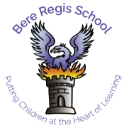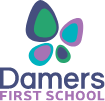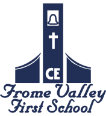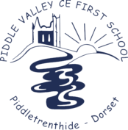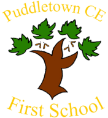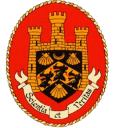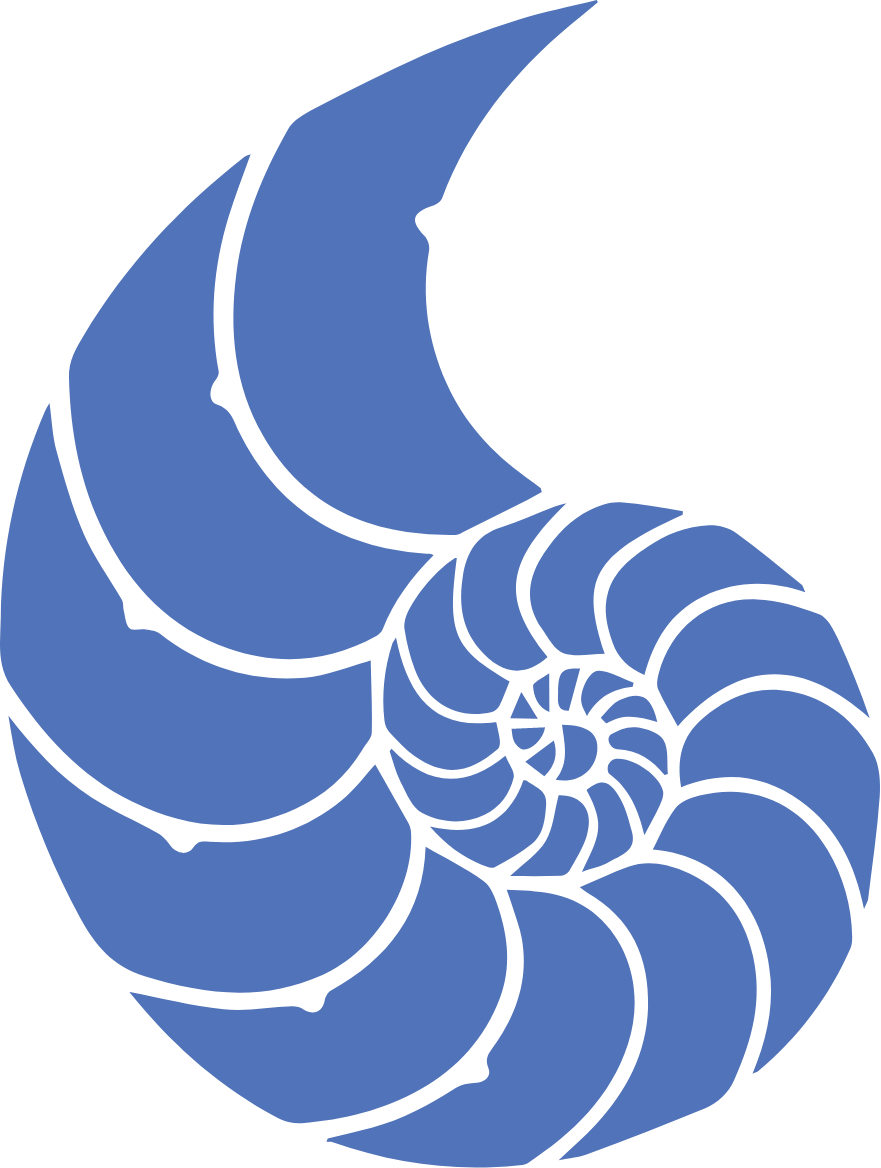
Mathematics

MATHEMATICS The Mathematics department run very popular and successful courses throughout The Purbeck School. There is a notable consistency of high performance of students in Mathematics at all levels. We have a reputation for being creative and innovative in our teaching and learning.
Our vision is…
- To be a CENTRE OF EXCELLENCE in mathematics in order to achieve success for all.
- To MOTIVATE & INSPIRE all students through great teaching and learning.
- To provide a PERSONALISED LEARNING curriculum tailored to our student’s needs.
How is Mathematics taught?
At The Purbeck School, we deliver a Mastery curriculum in order to achieve our vision. The research shows that teaching fewer topics in much greater depth improves outcomes. We believe that this can done if students are allowed the right amount of time to learn and are provided with the appropriate conditions to learn. Our lessons are based on developing students’ key knowledge and skills required for success at the end of Year 11 and for when they leave school.
Our curriculum is content specific, coherent, cumulative and challenging. As part of our Mastery curriculum, our Mathematics Department follow an ‘Assess, Teach/Do, Practice’ learning cycle.
Assess:
- ‘Revise and improve’ time strengthens the foundations and reduces any gaps.
- Formative assessment is planned throughout our teaching. We check student understanding regularly, identifying errors and misconceptions.
- ‘Review and improve’ time celebrate student’s successes and provides intervention opportunities.
Teach/Do:
- Using Example-problem pairs, teachers model worked examples explicitly; mini-whiteboards are used to check student understanding.
- Concrete and pictorial representations make more abstract problems more accessible.
- Mathematical language is developed until fluent and confident.
Practice:
- Students are guided towards independent practice, with scaffolds for difficult tasks in order to become confident and fluent
- Lessons begin with a Knowledge Quiz to support the retention of prior-learning.
- Deliberate practice is planned so that students can use and apply knowledge and skills in a variety of contexts.
Students are placed in maths classes based on ability. These sets are reviewed regularly and because our schemes of work are common and differentiated, students can move between sets at any time. We conduct our own internal key assessments to measure students’ progress and these (together with classwork, homework and attitude) determine their set.
From Y7 – 11, most students receive seven hours of maths lessons per cycle. Y7 – 9 students assigned to our Nurture sets can receive an additional 2 – 3 hours of lessons to provide them more time practicing key knowledge and skills. A-level Mathematics students receive nine hours of lessons.
The Sparx-Maths online home learning platform is used to support all students learning by providing additional practice opportunities. The website personalises each pupil’s homework, creating a weekly set of questions tailored to their level of understanding and learning pace.
Rationale and ambition for The Purbeck School Mathematics Curriculum
In mathematics, we want to enable students to:
1. Develop fluent knowledge, skills and understanding of mathematical methods and concepts;
2. Acquire, select and apply mathematical techniques to solve problems;
3. Reason mathematically, make deductions and inferences and draw conclusions;
4. Comprehend, interpret and communicate mathematical information in a variety of forms appropriate to the
information and context.
Concepts:
Our Maths curriculum reflect the aims and learning outcomes outlined in the DfE’s national curriculum document.
GCSE Maths is split into six broad topic areas:
- Number
- Algebra
- Ratio, proportion and rates of change
- Geometry and measures
- Probability
- Statistics
A-level Maths is split into three broad topic areas:
- Pure mathematics
- Mechanics
- Statistics
Each major topic can be split into lots of smaller topics with varying degrees of difficulty.
At The Purbeck School, we follow the AQA GCSE Maths exam board. All students will follow a linear programme of
study. There are 2 tiers of entry – Higher and Foundation. There is NO coursework in Maths. We seek to enter
students in top set maths classes into Level 2 Certificate of Further Mathematics.
In A-level Maths, a positive attitude to Mathematics is encouraged and it may be seen as an interesting but
challenging subject. We constantly seek to give our pupils confidence that enables them to express ideas fluently, to
talk about the subject with assurance and to use the language of mathematics. Further Mathematics offers
opportunities to extend A-level work on mechanics, statistics and calculus techniques, engages with concepts of
abstract algebra and learns how pure mathematics develops after A-level.
As part of our More Able offer, students from all year groups have the opportunity to enter The United Kingdom Mathematics Trust Challenges. This is an excellent way of introducing problems that require a different way of approaching the question to gain speed and accuracy. This can bring something different to inspire students to pursue maths in school.
Careers Guidance
Many students progress to using their mathematical knowledge by studying degrees in mathematics, engineering, a multitude of different sciences, medicine, dentistry, economics, business and more. Students are successful in securing places to study mathematics at universities that include Oxbridge.
Most jobs and careers will need you to use maths in some way and it’s particularly useful in job families like accountancy, banking and finance, management, environmental sciences, construction, engineering and manufacturing, medical technology, and science and research. To explore the long list of careers that involve maths in more detail, click here…
Long Term Plans
Our curriculum progression is planned from what students need to know in primary school to what students need to know to be successful at A-level. All knowledge, understanding and skills is specified in detail, with complex skills broken into small steps. New content draws on and makes links with the content that students have previously acquired. Our subject experts have created learning sequences by evidence-based, intelligent design rather than by choice or chance.
CONTACT US
If you have any questions, then please contact Carl Morris, Head of Mathematics cmorris@purbeck.dorset.sch.uk


